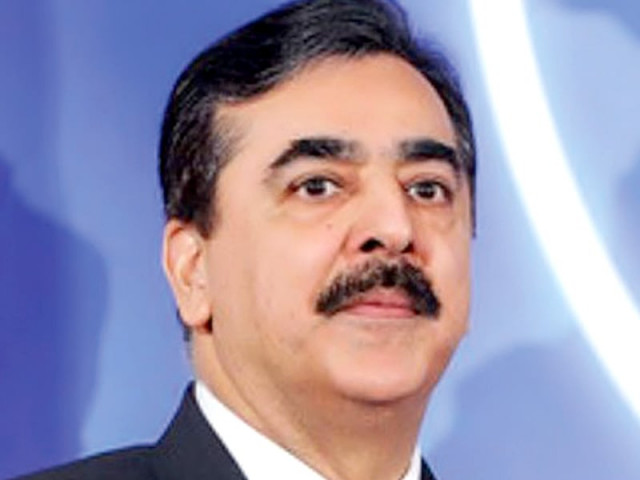A diet of eaten words
The PM’s retraction has highlighted as never before in the past: the military has a de facto dominance in the state.

The prime minister now blames some functionaries: “Later when we found out some of the discrepancies made by certain functionaries, I have taken action against them; now it does not pertain to those remarks unconstitutional or against the rules for the army chief and the ISI director general.” He revealed that things had returned to normal after clarity dawned on him and he became aware that all institutions of the state had to be “on the same page”.
It is clear that after a ‘comprehensive meeting’ with the army leadership that there is a patch-up between him and the GHQ, most probably on the basis of Mr Gilani offering his mea culpa and the army chief reconciling to working with his government for the time being. Mr Gilani had earlier practised this verbal flexibility at the Supreme Court after being called in for contempt. His latest kowtow to the army has taken place after the latter issued a veiled threat through an ISPR statement and after an agreement with the army chief that he would retract his words.
People around the prime minister say he has reached a fresh accord with the army over the crisis brewing around the memogate case at the Supreme Court. Although the case has run into difficulties after the refusal of the star witness, Mansoor Ijaz, to present himself to the judicial commission probing the affair, the ‘acceptance’ by the army of the prime minister’s retraction may not indicate a compact to let the case wither on the vine, as it were. Yet, there are signs that the case may be losing steam on account of an increasingly negative public image of Mr Ijaz in Pakistan and his tendency to choose his enemies indiscriminately.
The case is against Pakistan’s ex-ambassador Husain Haqqani who has been accused of trying to vilify the army — which is deemed an attack on Pakistan’s security and human rights — but the man who will prove it at the Supreme Court with the help of evidence uncovered by the ISI has also vilified the army in no uncertain terms. The defence for Mr Haqqani will ironically challenge him on his own efforts at destabilising Pakistan by demonising the same army. The grilling he is faced with will also emphasise the past occasions when he has campaigned against Pakistan and even conspired to bring down governments in Islamabad.
However, after the prime minister’s retraction, one fact has been highlighted as never before in the past: the military has a de facto dominance in the state that goes against the spirit of the Constitution and prevents civilian responses to foreign policy problems that crop up at regional and global levels. All politicians and the Supreme Court know that foreign policy and security-related matters are controlled by the military establishment and have stayed outside the remit of the successive governments. The military can even reject foreign assistance if it thinks it against its interest, though it probably knows that that will hurt the economy.
This de facto domination is nonetheless endorsed by opposition parties wishing to bring the incumbent government under pressure to cause its premature fall, and the judiciary which will not use its suo motu powers to call the army to heel. (The famous Asghar Khan case against the ISI has come up after being filed 15 years ago.) The present military leadership has praiseworthily abstained from staging a ‘bloodless’ coup in the midst of sweetmeat-distributing civilian opposition, but it knows that Pakistani nationalism continues to endorse its supremacy and will continue to make errant prime ministers eat their words.
Published in The Express Tribune, January 29th, 2012.













COMMENTS
Comments are moderated and generally will be posted if they are on-topic and not abusive.
For more information, please see our Comments FAQ